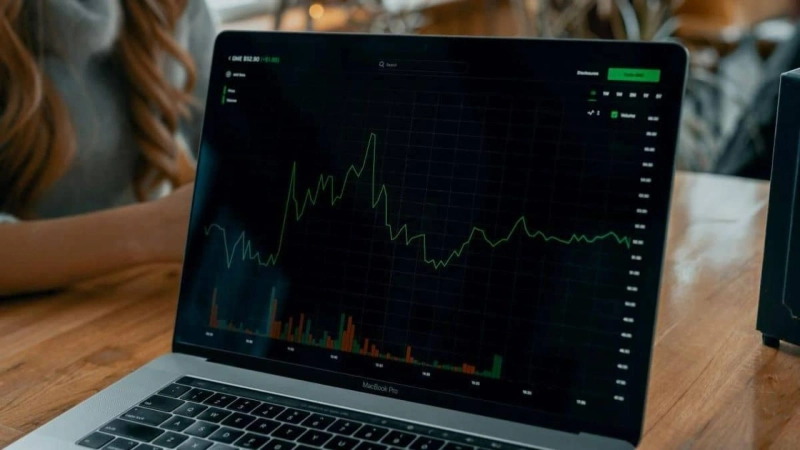Forex trading can be an exciting and potentially profitable venture for beginners. However, it's essential to build a strong foundation to navigate the complexities of the forex market successfully. In this guide, we provide a comprehensive overview of forex trading for beginners, covering the key concepts, tools, and strategies to get started on the right foot. Join us as we lay the groundwork for your journey into the world of forex trading.
Understanding the Forex Market
The forex market is the largest financial market globally, where currencies are bought and sold. Learn the basics of currency pairs, exchange rates, and how the forex market operates. Familiarize yourself with key market participants, such as central banks, institutional investors, and retail traders, as they influence currency price movements.
Forex Trading Terminology
Get acquainted with essential forex trading terms, including pip, lot size, leverage, margin, and spread. Understanding these terms will help you communicate effectively and navigate trading platforms with confidence.
Choosing a Reliable Broker
Selecting a reputable forex broker is crucial for a safe and seamless trading experience. Look for a broker regulated by a recognized financial authority, offers competitive spreads, provides a user-friendly trading platform, and offers excellent customer support. Demo accounts are also valuable for practice and familiarizing yourself with the trading platform.
Developing a Trading Plan
Create a trading plan that outlines your trading goals, risk tolerance, preferred trading style, and strategies. Define your entry and exit criteria, position sizing, and risk management strategies. A well-defined trading plan helps maintain discipline and consistency in your trading activities.
Fundamental Analysis
Understand the fundamentals that drive currency movements, including economic indicators, interest rates, geopolitical events, and central bank policies. Stay updated on economic calendars and news releases to anticipate market-moving events and their potential impact on currency pairs.
Technical Analysis
Learn the basics of technical analysis, which involves analyzing price charts and patterns to predict future price movements. Key technical analysis tools include support and resistance levels, trend lines, chart patterns, and technical indicators. Experiment with different indicators and charting techniques to find what works best for you.
Risk Management
Implementing effective risk management techniques is vital for preserving capital and managing potential losses. Set a maximum risk percentage per trade, use stop-loss orders to limit losses, and avoid risking more than you can afford to lose. Develop a risk management strategy that aligns with your risk tolerance and trading style.
Demo Trading and Education
Practice trading using a demo account before committing real funds. Demo trading allows you to familiarize yourself with the trading platform, test your strategies, and gain confidence without risking real money. Additionally, invest in your education by reading books, attending webinars, and following reputable trading resources to deepen your knowledge and skills.
Emotion Management
Maintaining emotional discipline is crucial for successful forex trading. Emotions such as fear, greed, and impatience can cloud judgment and lead to poor decision-making. Learn to control your emotions, stick to your trading plan, and avoid impulsive trades based on market noise or short-term fluctuations.
Continuous Learning and Adaptation
Forex trading is a dynamic field, and staying updated is crucial for long-term success. Continuously learn and adapt your strategies as market conditions evolve. Keep a trading journal to track your trades, review your performance, and identify areas for improvement.
Conclusion
Building a strong foundation in forex trading is essential for beginners. By understanding the forex market, learning trading terminology, choosing a reliable broker, developing a trading plan, mastering fundamental and technical analysis, implementing effective risk management, practicing with demo accounts, managing emotions, and continuously learning and adapting, you can embark on your forex trading journey with confidence.
Priority
Vodotehna.hr
Storyme.app
Tagirov.org
Onekingdom.us
Biyougeka.esthetic-esthe.com
M.mobilegempak.com
Egypt-today.com
Bel-kot.com
Tarapress.ru
And-rey.ru
Topkam.ru
Bel-kot.com
C-streaming.net
Ilyamargulis.ru
Services.nfpa.org
Maps.google.as
Wikidot.com
Usich.gov
Drugs.ie
Marillion.com
Fotka.com
Atari.org
Phpooey.com
Ilyamargulis.ru
Projectbee.com


